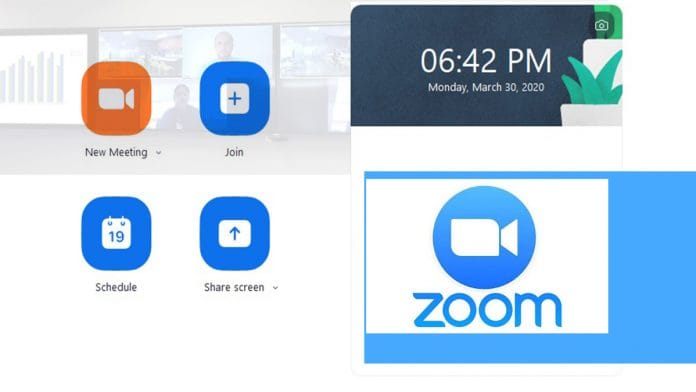New Delhi: The Ministry of Home Affairs (MHA) issued an advisory Thursday, saying Zoom, the video conference app, is not a safe platform.
However, for individuals who may still want to go ahead and use the app, the MHA laid down nine guidelines to ensure the users’ online safety.
The MHA also mentioned in the statement that the Computer Emergency Response Team (CERT-IN), the country’s nodal agency for responding to computer security, had issued advisories on 6 February and 30 March regarding the app.
The Covid-19 lockdown has seen a sharp surge in downloads of the Zoom app, which appears to have emerged as the go-to portal for video meetings as an unprecedented number of employees are working from home.
Also read: Yes, Zoom messed up, but it’s really not the villain
Safety guidelines
The nine-step safety guidelines included setting a new user ID and password for every meeting.
To host a meeting on the app, a specialised meeting ID is required, therefore to ensure that no unwanted person can attend or disrupt the Zoom meeting, the MHA advised the creation of a new ID and password for each meeting.
The guidelines also comprised enabling the waiting room feature, so that a person can only join the meeting once approved and admitted by the person hosting it.
As part of the other safety guidelines were also steps such as disabling the option of joining a meeting before the host, allowing removed participants to re-join the meeting and allowing only the host, who is conducting the Zoom meeting, to enable the screen-share option.
The steps also included locking the meeting once all attendees have joined it and restricting the call recording feature. It also highlighted the difference between ending the meeting and not just leaving it, for the host.
Objective of guidelines
In its safety advisory, the MHA pointed out that the reason for listing the guidelines was to ensure there was no unauthorised entry of a person in the virtual conference room and to also prevent any person in the meeting from taking part in any malicious activities during the conference.
The objectives also underscored that the guidelines were meant to avoid a DOS (Denial of Service) attack, which is a cyber attack meant to shut down a machine or network, making it inaccessible to its intended users, by restricting them through passwords.
Although the Zoom app is quite popular, its safety remains a concern. Singapore last week decided to stop using the app for its online classes after someone hacked a meeting and started sharing obscene pictures.
Also read: Zoom addresses data privacy concerns, offers paying clients new call control facilities







Oh no School authorities are using all over to handle online classes.